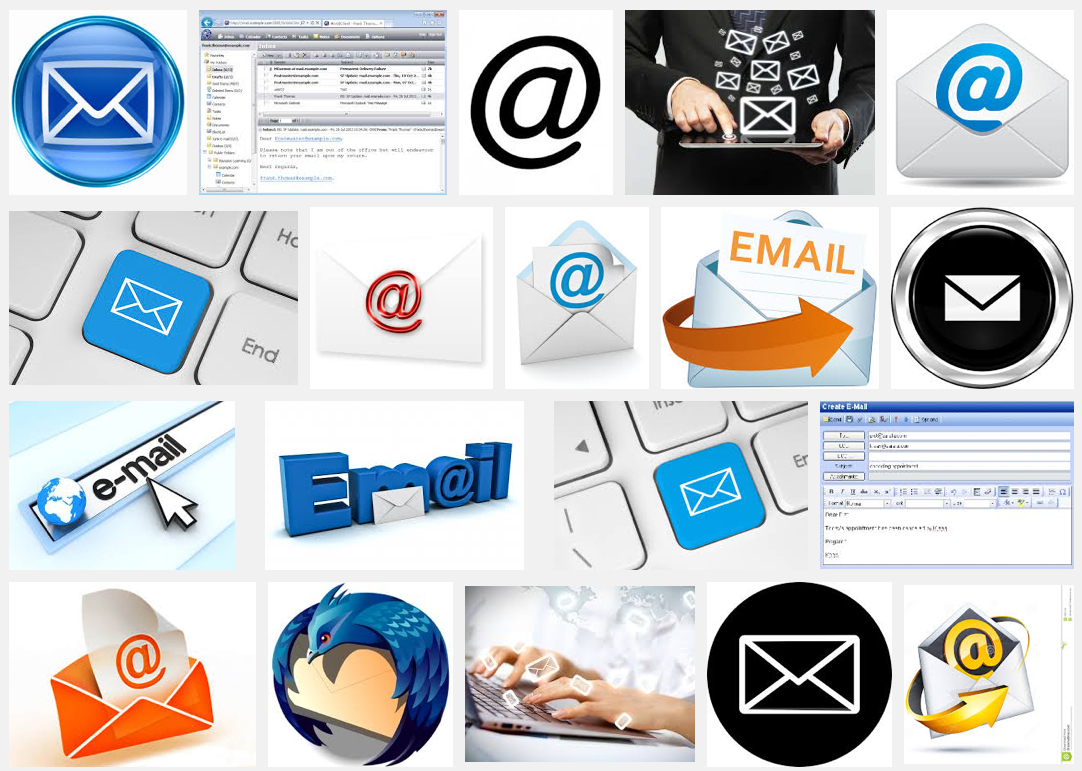Pursuing a cherished activity, uninterrupted, with no distraction is one of life’s pleasures. Many who multi-task and brag about it have long forgotten the benefits of deep focus and immersion in one single, prolonged task. Reading can be such a process — and over the last several years researchers have found that distraction-free, thoughtful reading — slow reading — is beneficial.
So, please put down your tablet, laptop, smartphone and TV remote after you read this post, go find an unread book, shut out your daily distractions — kids, news, Facebook, boss, grocery lists, plumber — and immerse yourself in the words on a page, and nothing else. It will relieve you of stress and benefit your brain.
From WSJ:
Once a week, members of a Wellington, New Zealand, book club arrive at a cafe, grab a drink and shut off their cellphones. Then they sink into cozy chairs and read in silence for an hour.
The point of the club isn’t to talk about literature, but to get away from pinging electronic devices and read, uninterrupted. The group calls itself the Slow Reading Club, and it is at the forefront of a movement populated by frazzled book lovers who miss old-school reading.
Slow reading advocates seek a return to the focused reading habits of years gone by, before Google, smartphones and social media started fracturing our time and attention spans. Many of its advocates say they embraced the concept after realizing they couldn’t make it through a book anymore.
“I wasn’t reading fiction the way I used to,” said Meg Williams, a 31-year-old marketing manager for an annual arts festival who started the club. “I was really sad I’d lost the thing I used to really, really enjoy.”
Slow readers list numerous benefits to a regular reading habit, saying it improves their ability to concentrate, reduces stress levels and deepens their ability to think, listen and empathize. The movement echoes a resurgence in other old-fashioned, time-consuming pursuits that offset the ever-faster pace of life, such as cooking the “slow-food” way or knitting by hand.
The benefits of reading from an early age through late adulthood have been documented by researchers. A study of 300 elderly people published by the journal Neurology last year showed that regular engagement in mentally challenging activities, including reading, slowed rates of memory loss in participants’ later years.
A study published last year in Science showed that reading literary fiction helps people understand others’ mental states and beliefs, a crucial skill in building relationships. A piece of research published in Developmental Psychology in 1997 showed first-grade reading ability was closely linked to 11th grade academic achievements.
Yet reading habits have declined in recent years. In a survey this year, about 76% of Americans 18 and older said they read at least one book in the past year, down from 79% in 2011, according to the Pew Research Center.
Attempts to revive reading are cropping up in many places. Groups in Seattle, Brooklyn, Boston and Minneapolis have hosted so-called silent reading parties, with comfortable chairs, wine and classical music.
Diana La Counte of Orange County, Calif., set up what she called a virtual slow-reading group a few years ago, with members discussing the group’s book selection online, mostly on Facebook. “When I realized I read Twitter more than a book, I knew it was time for action,” she says.
Read the entire story here.

